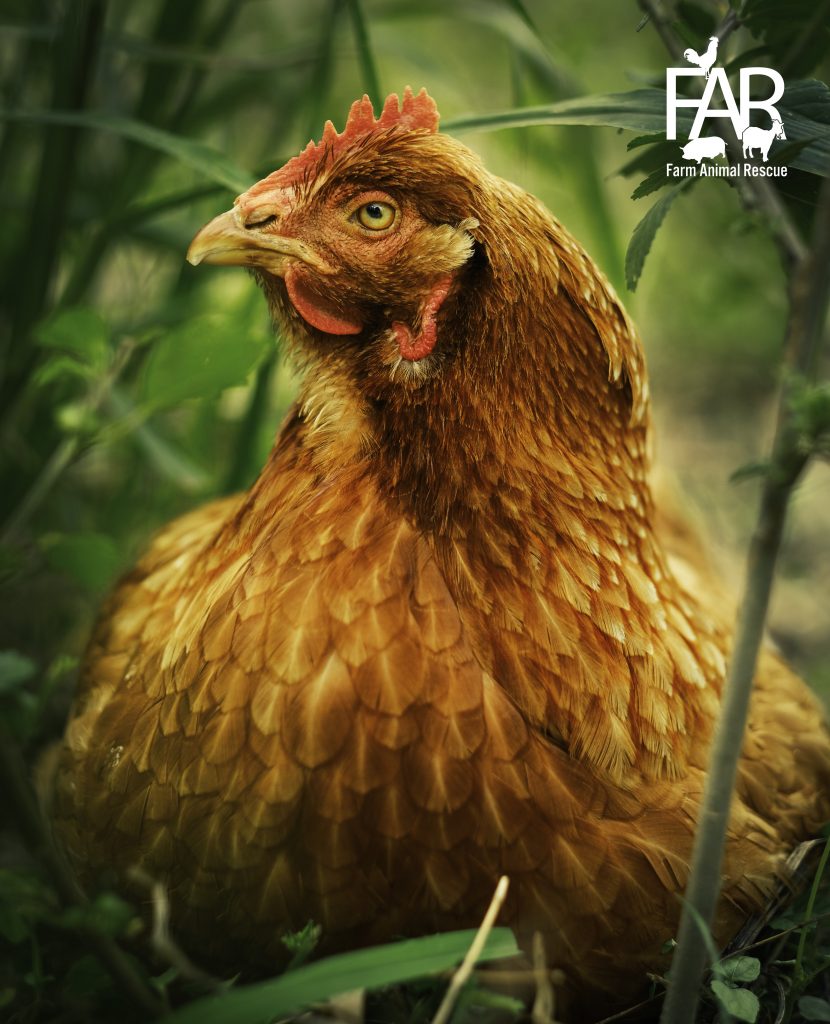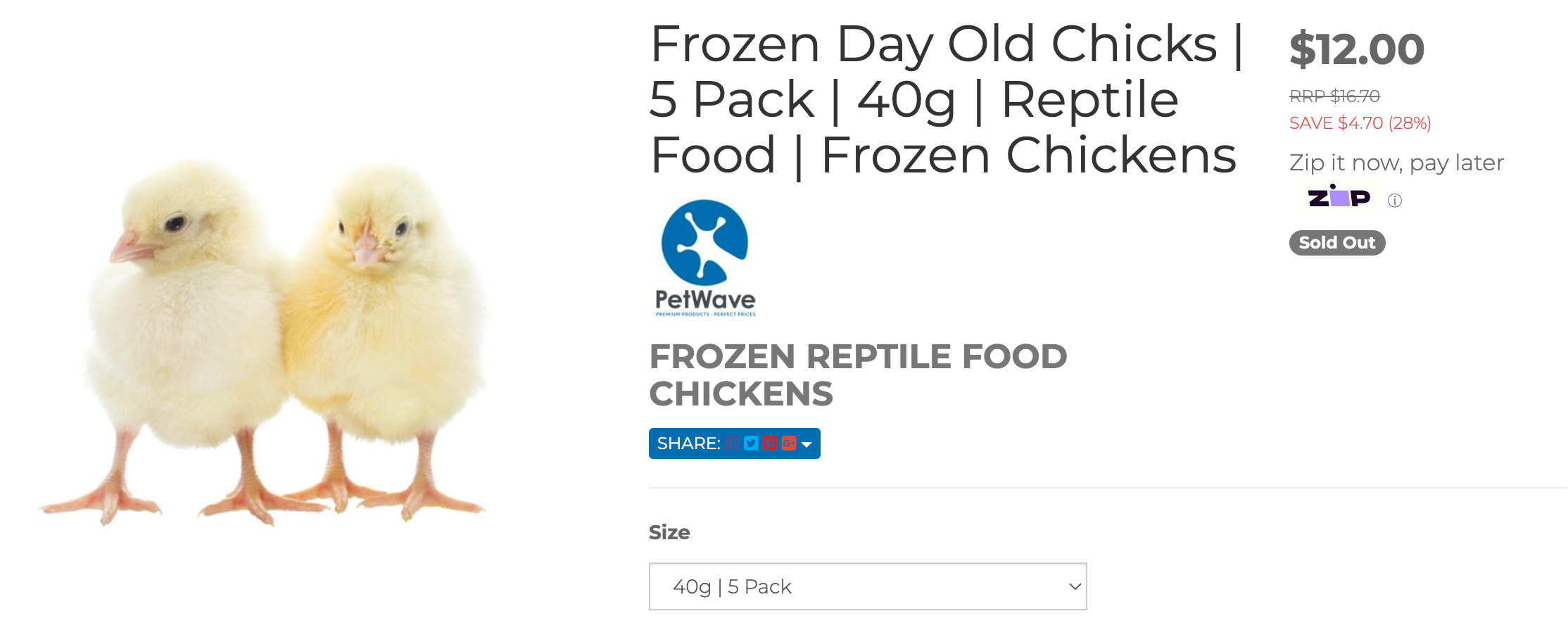Egg laying hens
Hens who provide eggs for human consumption are a descendent of the Red Jungle fowl, a bird native to Asia, and are among millions of animals introduced, bred and raised for 'food' in Australia.
Conditions on egg producing 'farms' are designed so that these hens unnaturally lay an egg virtually every day. Laying an egg isn't an act in itself, but is the end of the reproductive cycle, which means that egg-laying hens are forced into a full reproductive cycle almost every day of their lives.

Many egg laying hens are kept in battery cages, generally 6-10 birds kept in a small cage, with the space available for each bird is around the size of an A4 piece of paper. With the cages mounted on top of one another to save space, droppings from the top cages make their way onto the lower ones.
"Free range" or 'barn laid' eggs, although not confined to individual cages, are allowed to roam in high barns of five to ten thousand other birds.
But 'free-range' has its own problems for chickens. Hens naturally live in highly structured societies that involve a 'pecking order'. In small natural communities, the pecking order is established quickly. However, when hens in free-range facilities are forced with thousands of other chickens, a pecking order can never be established, causing stress and casualties for the birds. Free range and barn birds need to be more aggressive simply in order to survive and are known under these conditions to peck eyes, and feathers and cause deep wounds in their companions, causing pain and casualties.
To avoid hens causing too much injury to one another, a common industry practice is 'beak trimming'.
Beak trimming, a common practice in the poultry industry, involves the partial removal of the tip of a bird's beak, resulting in a blunt or rounded end. It is often used to address severe feather pecking, a welfare concern where birds peck and pull out each other's feathers.
Although beak trimming can be effective in controlling feather pecking, it can cause both acute and chronic pain and make feeding difficult for the birds. This invasive procedure also affects their sensory capabilities and natural behaviors, prompting several countries to prohibit it.
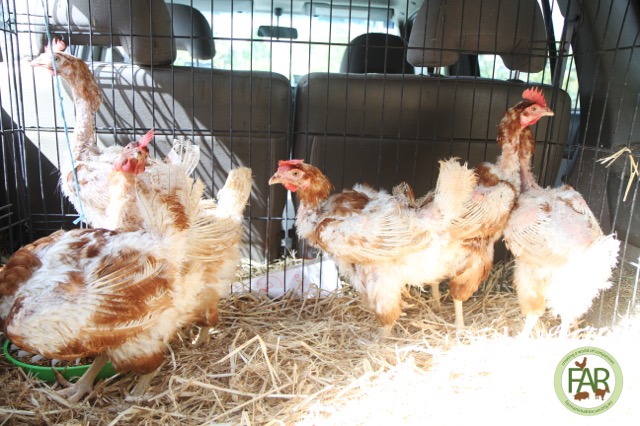
Gemima was a 'free range' barn chicken who arrived at the sanctuary half her natural weight, severaly malnourished. She was so scared of the other birds she'd barely venture even to get her food from her bowl. She needed surgery in order to prevent her from continuing to lay so many eggs, and now is one of the healthiest of our rescued hens.
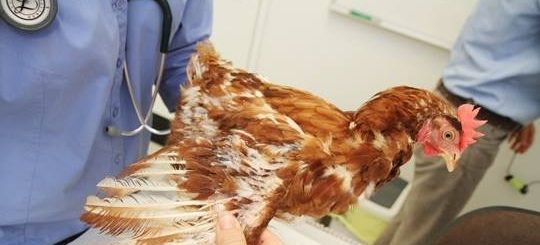
Although the species has a life expectancy of between 12 and 15 years, commercial egg laying hens are killed at 18 months old once their egg production declines. Some never even make this age, with about 2% suffering from crippling cancers or infections that take over their bodies even before this young age.
Roosters, who are unable to lay eggs, are killed even earlier. Shortly after hatching most rooster chicks are shredded, disposed of in a rubbish bin or sold as snake food, all routine practices in the egg industry.
Sarah-Jane, one of the sanctuary hens, has a permanently broken leg. Even after six weeks in a cast when she was first rescued, her bones would not knit due to her body's extended depletion of nutrients.
The nutrition required to create an egg every day is substantial, and ultimately requires the hen to forgo the nutrition she'd normally use in order to maintain her own good health, as well of that of the egg inside her. Many rescued hens develop signs of the protein and calcium deficiency they have suffered as a result.
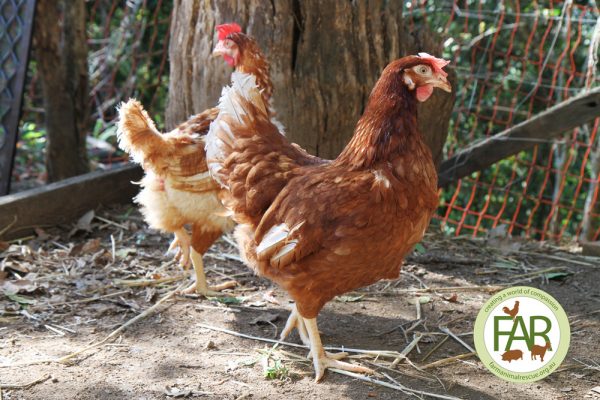
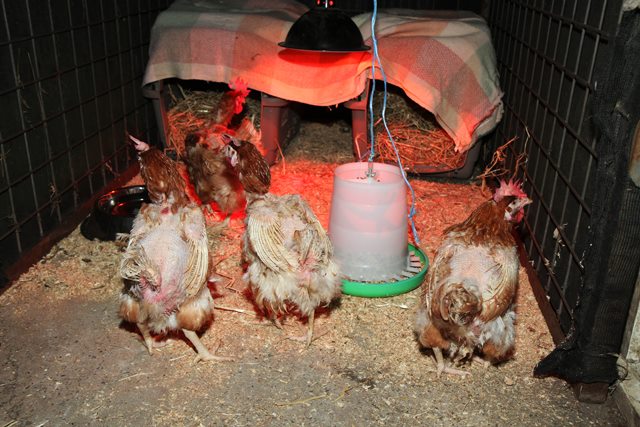
Making informed choices about eggs
With the egg industry associated with the inhumane treatment of chickens, including crowded living conditions and cruel practices such as beak trimming and maceration of one-day-old chicks, many people choose to avoid consuming eggs and contributing to these practices. Moreover, the egg industry contributes to environmental issues such as air and water pollution, as well as greenhouse gas emissions.
With the many egg substitutes available for baking, and protein-packed, delicious plant-based egg alternatives, avoiding eggs is easier and easier.
